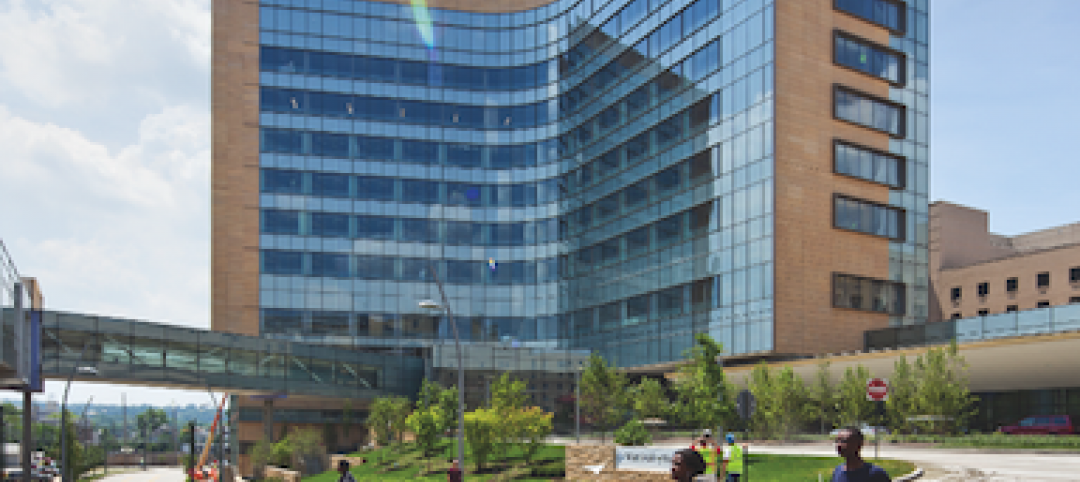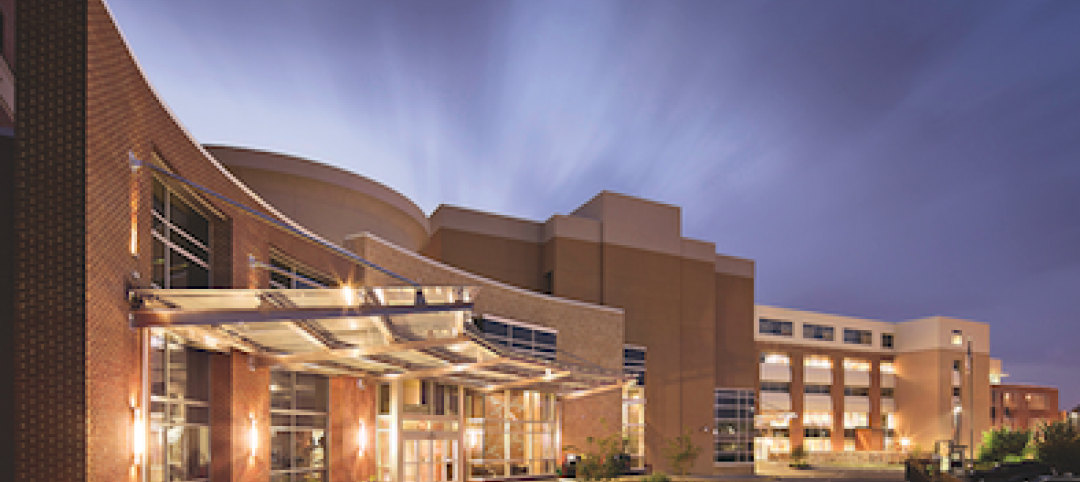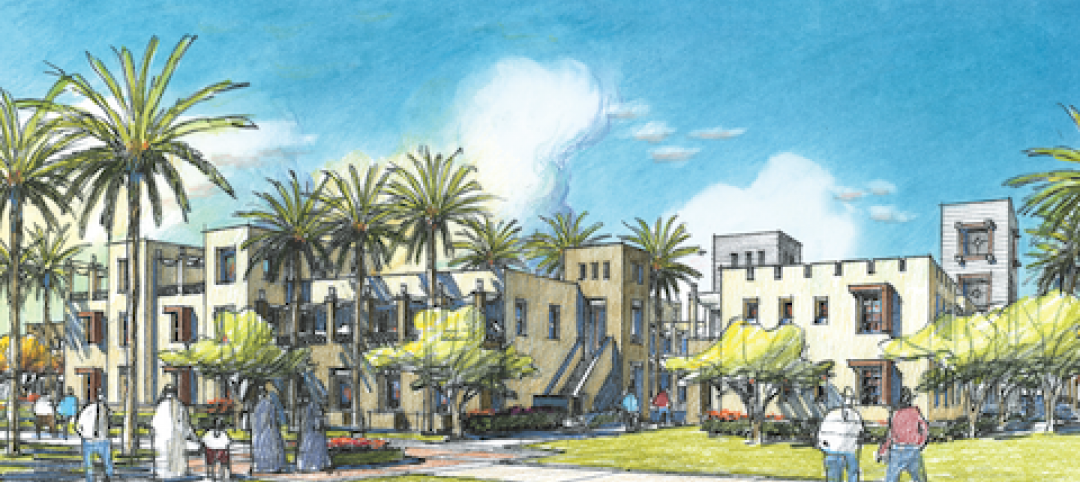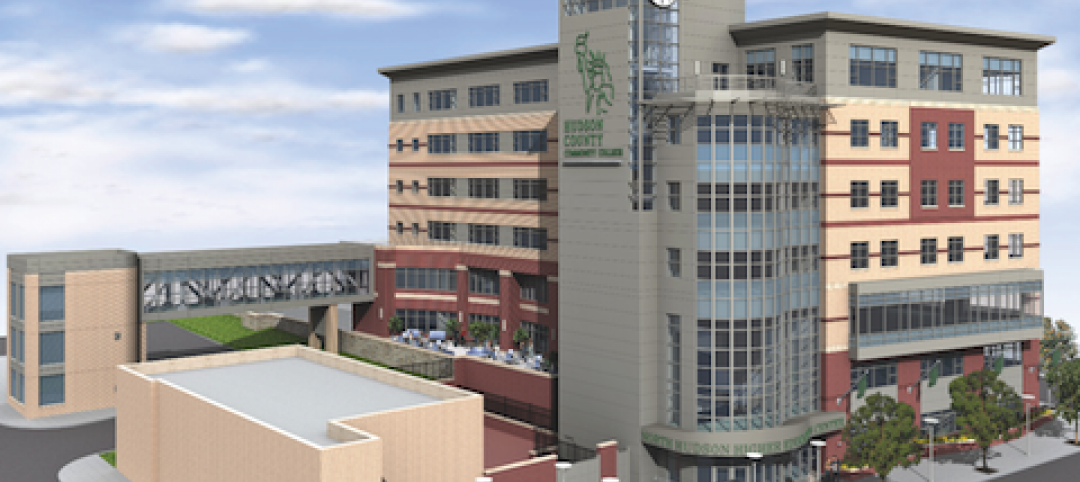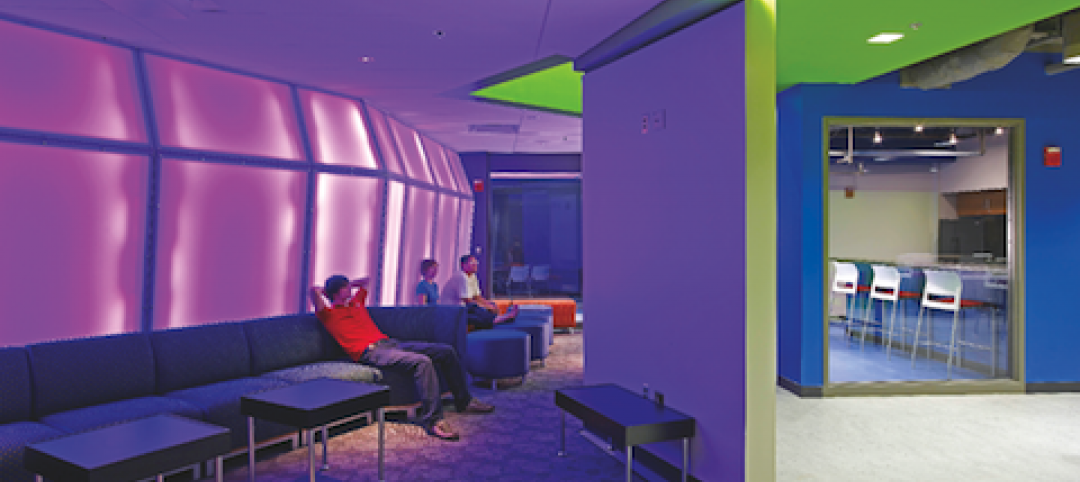On February 27, The American Institute of Architects (AIA) and nearly 1,000 businesses from across the country urged Congress to reject efforts to repeal the law setting goals for reducing fossil fuel use in federal buildings by 2030.
The letter comes in response to reports that the oil and gas lobby pushed to include a repeal of Section 433 of the Energy Independence and Security Act in the bipartisan Shaheen-Portman energy efficiency bill.
“It is unfortunate that the fossil fuel industry has demanded gutting federal energy laws through in the Shaheen-Portman bill,” said AIA CEO Robert Ivy, FAIA. “Sens. Shaheen and Portman have spent more than two years crafting a bipartisan energy efficiency bill. We support the original bill, which has many admirable provisions, but cannot in good conscience support legislation that undermines laws that help the federal government save taxpayers money by conserving energy.”
Last year, the Senate Energy and Natural Resources Committee approved the otherwise bipartisan Shaheen-Portman bill that encourages families, businesses and the government to save energy. It is not clear whether the revised bill can move forward in its current form.
“We remain committed to finding consensus solutions to improve Section 433,” Ivy said. “But so long as its opponents demand a full repeal, we do not believe the bill serves the interests of the American public.”
The letter states that design and construction companies across the country are already designing buildings that meet, and in some cases exceed, the current targets in Section 433. “In fact, Section 433 has enabled design firms to develop new design strategies that they are now using to help private-sector clients reduce their energy loads,” the letter states.
A full text of the letter can be found here. A “Myth vs. Fact” document about Section 433 of EISA can be found here.
Related Stories
| Oct 13, 2010
Editorial
The AEC industry shares a widespread obsession with the new. New is fresh. New is youthful. New is cool. But “old” or “slightly used” can be financially profitable and professionally rewarding, too.
| Oct 13, 2010
Prefab Trailblazer
The $137 million, 12-story, 500,000-sf Miami Valley Hospital cardiac center, Dayton, Ohio, is the first major hospital project in the U.S. to have made extensive use of prefabricated components in its design and construction.
| Oct 13, 2010
Hospital tower gets modern makeover
The Wellmont Holston Valley Medical Center in Kingsport, Tenn., expanded its D unit, a project that includes a 243,443-sf addition with a 12-room operating suite, a 36-bed intensive care unit, and an enlarged emergency department.
| Oct 13, 2010
Apartment complex will offer affordable green housing
Urban Housing Communities, KTGY Group, and the City of Big Bear Lake (Calif.) Improvement Agency are collaborating on The Crossings at Big Bear Lake, the first apartment complex in the city to offer residents affordable, eco-friendly homes. KTGY designed 28 two-bedroom, two-story townhomes and 14 three-bedroom, single-story flats, averaging 1,100 sf each.
| Oct 13, 2010
Residences bring students, faculty together in the Middle East
A new residence complex is in design for United Arab Emirates University in Al Ain, UAE, near Abu Dhabi. Plans for the 120-acre mixed-use development include 710 clustered townhomes and apartments for students and faculty and common areas for community activities.
| Oct 13, 2010
Community center under way in NYC seeks LEED Platinum
A curving, 550-foot-long glass arcade dubbed the “Wall of Light” is the standout architectural and sustainable feature of the Battery Park City Community Center, a 60,000-sf complex located in a two-tower residential Lower Manhattan complex. Hanrahan Meyers Architects designed the glass arcade to act as a passive energy system, bringing natural light into all interior spaces.
| Oct 13, 2010
Community college plans new campus building
Construction is moving along on Hudson County Community College’s North Hudson Campus Center in Union City, N.J. The seven-story, 92,000-sf building will be the first higher education facility in the city.
| Oct 13, 2010
Bookworms in Silver Spring getting new library
The residents of Silver Spring, Md., will soon have a new 112,000-sf library. The project is aiming for LEED Silver certification.
| Oct 13, 2010
County building aims for the sun, shade
The 187,032-sf East County Hall of Justice in Dublin, Calif., will be oriented to take advantage of daylighting, with exterior sunshades preventing unwanted heat gain and glare. The building is targeting LEED Silver. Strong horizontal massing helps both buildings better match their low-rise and residential neighbors.
| Oct 12, 2010
Owen Hall, Michigan State University, East Lansing, Mich.
27th Annual Reconstruction Awards—Silver Award. Officials at Michigan State University’s East Lansing Campus were concerned that Owen Hall, a mid-20th-century residence facility, was no longer attracting much interest from its target audience, graduate and international students.



